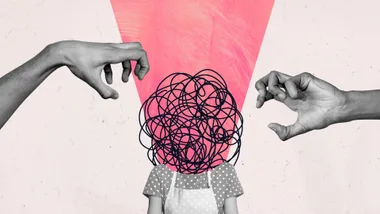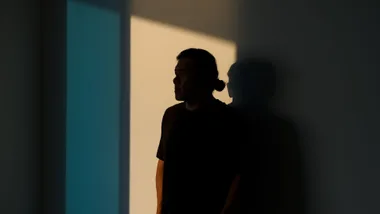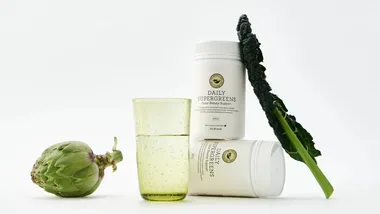When it comes to sharing our experiences in the bedroom, we’re learning to become more open and accepting. Diverging away from a universally declared ‘norm’, we’re slowly realising that every individual and experience is unique, and cannot be compared. In this growing wave of acceptance, we’re learning to reshape the way we think about ourselves and sex. Why then, are we still shying away from the topic of libido? Particularly, the issue of women dealing with low libido.
While this topic isn’t necessarily taboo, it’s certainly more difficult to discuss. In fact, Jessica Sepel (@jshealthvitamins) threw an Instagram poll out to her Instagram community (made up of 227,000 people), with a staggering 87% responding ‘yes’ to having experienced low libido.
“The subject of low libido is still pretty taboo – well, especially amongst my age group (32 years old) and friends. Perhaps our millennials seem to be more open and comfortable with the topic of low libido. The more I uncovered, the more I knew that this was a conversation that needed to open up. After all, healthy sex is part of a healthy life,” Jessica said.
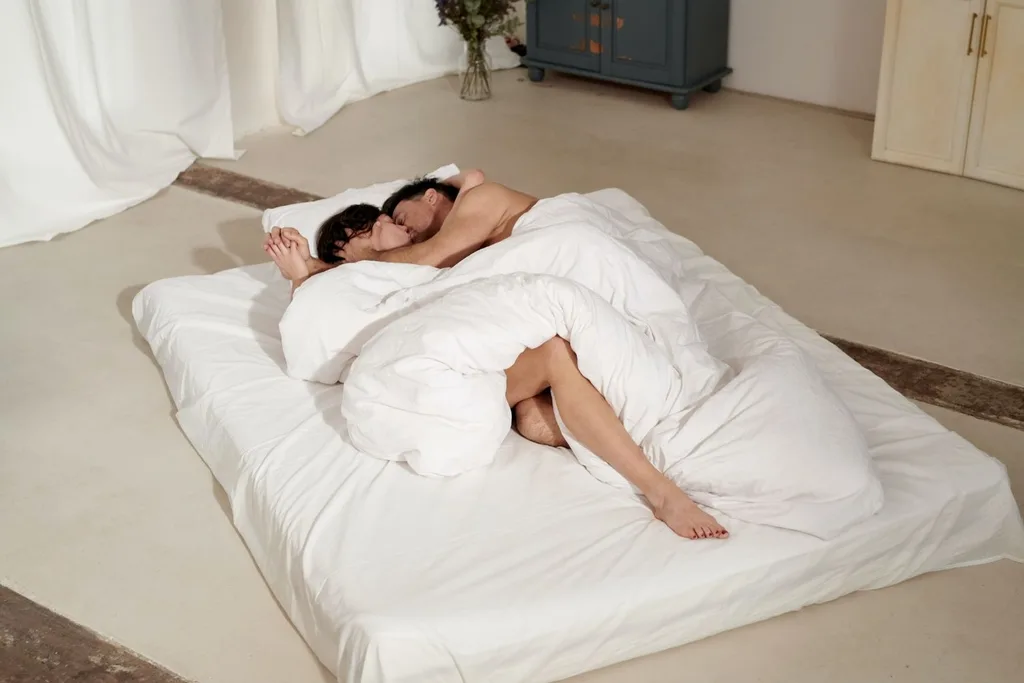
So we know it’s a problem faced by many women, but what exactly does low libido look like? To get some answers, we spoke to Karen Osborne, the Clinical Director for sexual health centre, Clinic 66. Naturally, the first thing we had to ask was, just how often does she see women with low libido at her practice?
“Low libido is a quite common issue brought up by women,” Karen said. “Often it comes up in consultations for menopause, contraceptive choices, polycystic ovarian syndrome etc. It’s also important to recognise that libido can fluctuate a lot in a person’s life, depending on external factors such as stress.”
When asked what exactly low libido is, it turns out it’s a lot more complex than a decreased interest in sex.
“Low libido is simply a decreased interest in sexual activity but many women with a low libido still enjoy having sex. In some women, the lack of interest in sex can also be accompanied by pain on having intercourse (dyspareunia). This is particularly common in perimenopausal /menopausal women who may also be experiencing vaginal dryness and atrophy.”
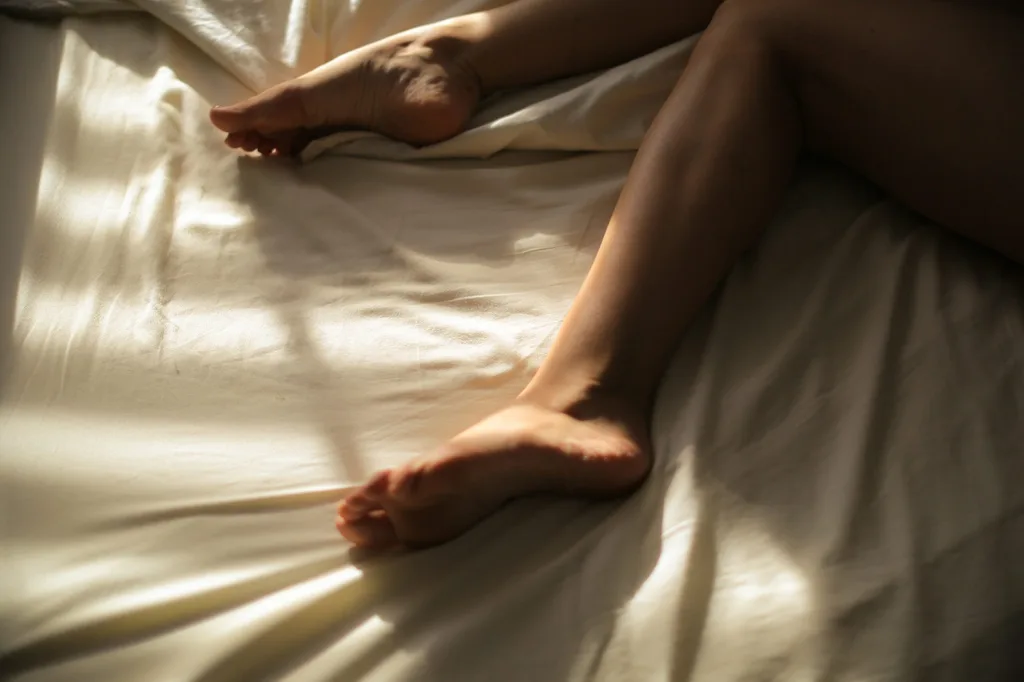
As for the external factors which can impact libido, there’s no shortage of culprits from stress to hormonal contraceptives.
“Many external factors can affect libido; stress, overwork, poor sleep, having young children, relationship problems to name a few,” Karen said. “In addition, some commonly prescribed medications, for example antidepressants and some hormonal contraceptives can affect libido in some individuals. Other non-prescribed substances such as drugs and alcohol can affect sex drive.”
Above all else though, age could potentially be one of the biggest factors to cause a fluctuation in libido. Karen went on to explain that around 1/3 of postmenopausal women are affected by hypoactive sexual desire dysfunction, which causes a decrease in the desire to have sex.
So, if there’s one key thing to take away from this, it’s that libido is an extremely complex aspect of sexual health.
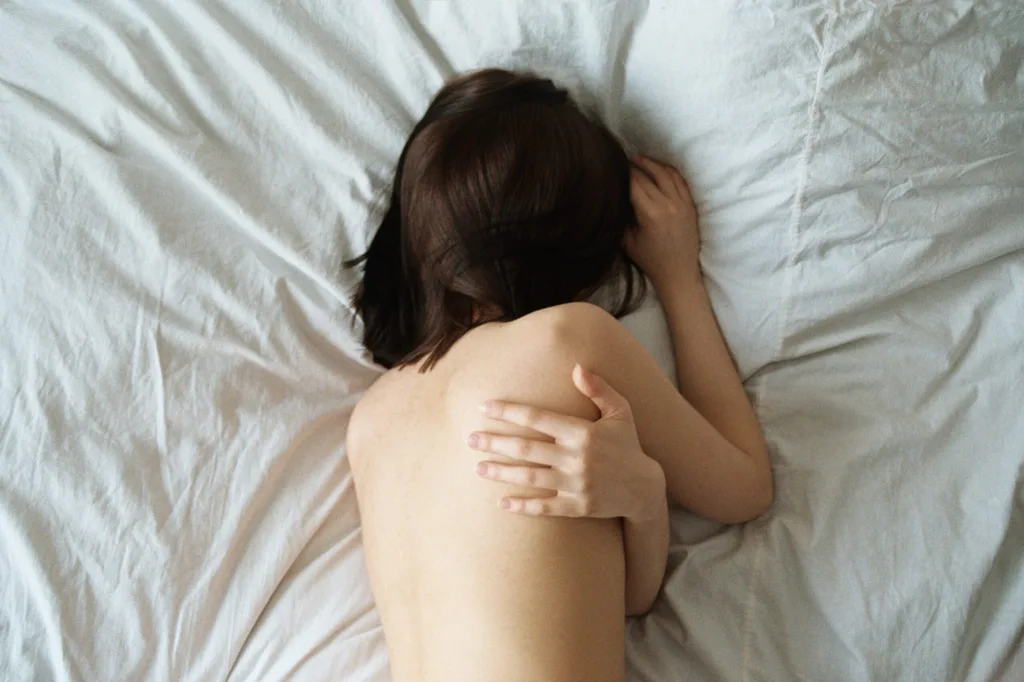
With a clearer understanding of all the complexities surrounding libido, we need to ask ourselves why we’re still hesitant to talk about it. Someone who’s on a mission to do just that is leading Australian nutritionist, Jessica Sepel. Founder of JSHealth Vitamins, she’s no stranger to tackling health head-on, and she’s determined to get us talking about libido.
As part of her mission to flip the script, JSHealth has just launched a new formula, and it’s entirely dedicated to, you guessed it – libido. The range actually sold out not long after launching, which is a testament to just how prevalent libido struggles are.
“It was really important to me, as a nutritionist and the founder of a vitamin company, to launch this product alongside having an open conversation about the topic of low libido. As mentioned it still feels that there is a certain level of shame and blame when it comes to low libido – when there really shouldn’t be,” Jessica explained.
“The world we live in is enormously stressful. With technology and social media taking over our lives, as well as a pandemic, I can see that stress could also really be impacting people’s sexual relationships and desire to have sex. We know that our minds and bodies must be relaxed in order to feel like sex as well as enjoy sex. So really, if you are struggling with low libido, it is not your fault,” she continued.
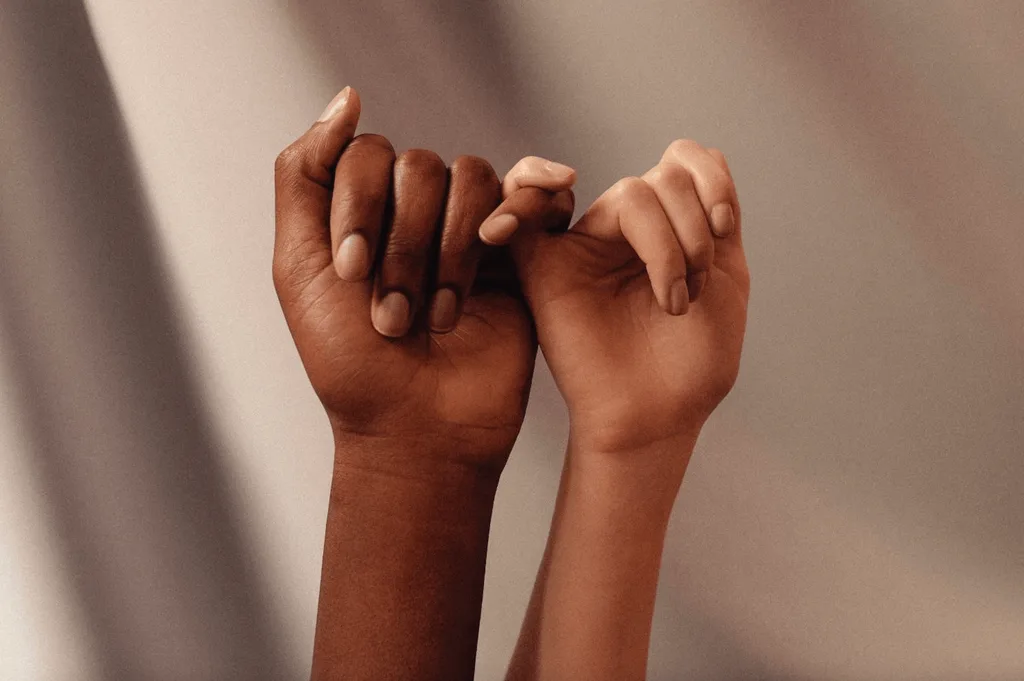
Undoubtedly, the most important thing to remember is that libido looks and feels different for everyone. As Karen explained, there isn’t a ‘normal’ when it comes to libido, so there is no point of comparison or a restrictive box we have to put ourselves in.
“Everyone is an individual and there is no such thing as a “normal” libido,” Karen explained.
“Women can find it difficult to talk about their sexual health if they feel embarrassed or guilty about not wanting to have sex. It is important that topics like this are discussed to normalise feelings and to encourage women to seek medical advice as there are treatments and advice that may be helpful.”
So, we can probably all agree that it’s officially time to rethink the way we talk and feel about low libido. Instead of being something scary, restrictive and pressurising, why don’t we flip the script and start to view it as liberating? Opening ourselves up to conversations we’ve previously avoided is a big power move, and a way for us all to feel more comfortable in our own bodies. So let’s start getting comfortable with being uncomfortable and having those open, honest conversations. We’ll all be better off for it.



